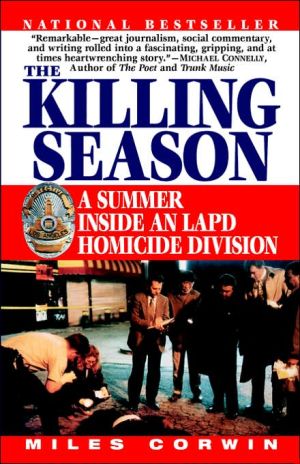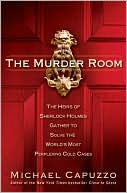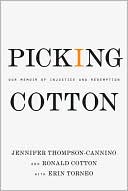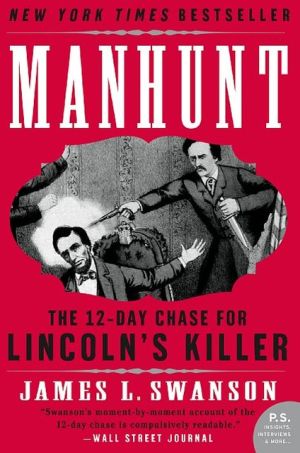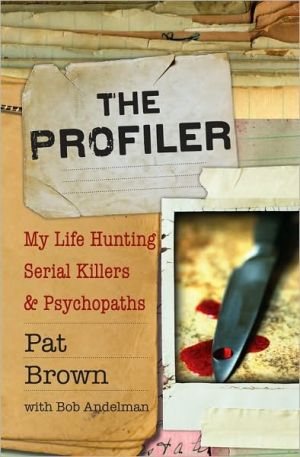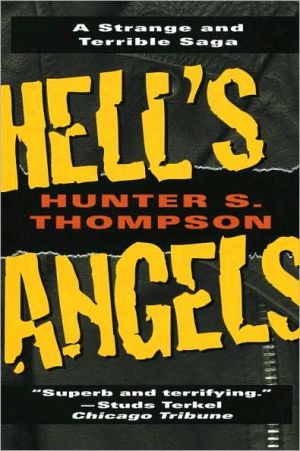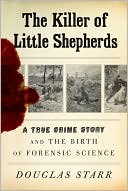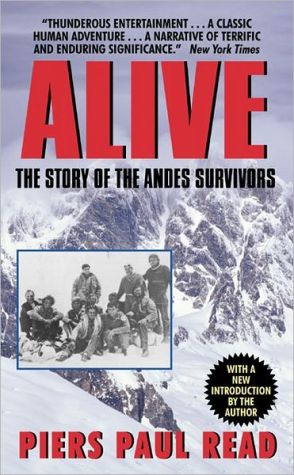The Killing Season
After gaining unprecedented access inside the LAPD, Miles Corwin hand picked a detective team whom he would be shadowing - day in and day out - throughout the summer. He struck gold with Pete "Raz" Razanskas and Marcella Winn. Larger than life and truly unsung heroes, Raz and Winn are as colorful as any fictional characters. Raz is a crusty veteran of the force and as the "season" begins he is newly paired with the most unlikely partner - Marcella Winn, a street smart young black woman who...
Search in google:
After gaining unprecedented access inside the LAPD, Miles Corwin hand picked a detective team whom he would be shadowing - day in and day out - throughout the summer. He struck gold with Pete "Raz" Razanskas and Marcella Winn. Larger than life and truly unsung heroes, Raz and Winn are as colorful as any fictional characters. Raz is a crusty veteran of the force and as the "season" begins he is newly paired with the most unlikely partner - Marcella Winn, a street smart young black woman who grew up in the 'hood and doesn't back down from anyone. The Killing Season is shocking, uncensored, and full of real-life drama. Although it reads like a fast-paced novel, this is an important work of nonfiction that offers readers a genuine sense of what life is like for the cops, the killers, the victims, and their families. Publishers Weekly South Central Los Angeles is a proving ground for homicide detectives. Taken as a city in its own right, the region would "rank among the nation's top ten" in murders, according to Los Angeles Times crime reporter Corwin in this gripping brief. During the summer of 1994, Corwin rode with two homicide cops as they raced from crime to crime, trying to keep up with the murderous pace. One, Pete Razankas, is the stereotype of a burnt-out cop: thrice-married, perpetually behind on his paperwork, a veteran of 22 years in South Central, looking forward only to his annual hunting trip. His summer duties include shepherding Marcella Winn, a gifted detective trainee, through her transition to the homicide unit. Razankas is a shoot-from-the-hip conversationalist who makes an occasional racist, ethnic or sexist remark during his perpetual razzing of his colleagues. By contrast, Winn is the rare black woman in this predominantly white male environment. Through Corwin's eyes, she appears as a font of folk wisdom, often quoting her mother's mantra, "What I don't understand would make a whole new world." Authors of insider narratives often tend to impose an artificial dramatic arc on their material. Corwin avoids this by framing his story against the change of seasons. By focusing on the hidden victims-the children of the murdered-he brings to light the traumatic effects of violent crime on the young. His occasional asides on the LAPD and the history of South Central provide welcome historical context. More than a tale of cops and robbers, Corwin's reporting brings home the hard reality of overworked cops and a stressed-out system fighting a losing battle against an epidemic of violent death. (May)
\ Publishers Weekly - Publisher's Weekly\ South Central Los Angeles is a proving ground for homicide detectives. Taken as a city in its own right, the region would "rank among the nation's top ten" in murders, according to Los Angeles Times crime reporter Corwin in this gripping brief. During the summer of 1994, Corwin rode with two homicide cops as they raced from crime to crime, trying to keep up with the murderous pace. One, Pete Razankas, is the stereotype of a burnt-out cop: thrice-married, perpetually behind on his paperwork, a veteran of 22 years in South Central, looking forward only to his annual hunting trip. His summer duties include shepherding Marcella Winn, a gifted detective trainee, through her transition to the homicide unit. Razankas is a shoot-from-the-hip conversationalist who makes an occasional racist, ethnic or sexist remark during his perpetual razzing of his colleagues. By contrast, Winn is the rare black woman in this predominantly white male environment. Through Corwin's eyes, she appears as a font of folk wisdom, often quoting her mother's mantra, "What I don't understand would make a whole new world." Authors of insider narratives often tend to impose an artificial dramatic arc on their material. Corwin avoids this by framing his story against the change of seasons. By focusing on the hidden victims-the children of the murdered-he brings to light the traumatic effects of violent crime on the young. His occasional asides on the LAPD and the history of South Central provide welcome historical context. More than a tale of cops and robbers, Corwin's reporting brings home the hard reality of overworked cops and a stressed-out system fighting a losing battle against an epidemic of violent death. (May)\ \ \ \ \ Library JournalThere are few streets meaner than those of South Central Los Angeles, where 400 people were murdered in 1993. Corwin, a crime reporter for the Los Angeles Times, accompanied veteran detective Razanskas (a white male) and trainee Winn (a black female) on their cases in the summer of 1994. Passionate crime-solvers, despite overwork and high job stress, the detectives are seen as unsung heroes. Murder in South Central is as senseless as it is commonplace, the result of drugs, gangs, and street robberies. "They taking a life today like it's nothin'," says a victim's mother. Since these killings rarely garner press coverage, Corwin's sympathetic insight into the lives of the victims, their families, and even some of the perpetrators is especially worthwhile. Similar in theme, although more modest in scope, to David Simon's Homicide (LJ 6/1/91), this is recommended for general collections.Gregor A. Preston, formerly with Univ. of California Lib., Davis\ \ \ School Library JournalYAA chronicle of the seven months in 1994 that Corwin spent observing the lives of LAPD homicide detectives in the "killing fields" of South Central Los Angeles. Teamed with a veteran supervising detective, Pete "Raz" Razanskas, and his detective trainee partner, Marcella Winn, Corwin takes readers along as murders are investigated, witnesses are sought, suspects are apprehended, and cases are dismissed or completed. The personalities of Raz and Winn come to life as readers follow them through grueling workdays and nights. A 20-year veteran in an area from which most detectives transfer out after a few years, Raz has a joking, irreverent style that hides the toll the job has taken on him. Winn is a young and tough African American who grew up in the neighborhood and knows how to deal with the taunts of her fellow male detectives. Readers watch her move from a trainee to an assured detective ready to work on her own. The turmoil involved in a homicide is also explored: the grief of the victim and perpetrator's families, the suspect's fear and bravado, the detectives' frustrations, the district attorney's reluctance to bring a loser of a case to court, and the support groups that aid those left behind. An honest, fast-paced, and sometimes depressing story, this is a testament to those willing to work at such a job. Most young adults will find the stories fascinating.Carol DeAngelo, formerly at Fairfax County Public Library, VA\ \ \ \ \ Kirkus ReviewsA summer spent in the trenches with detectives from the LAPD.\ Corwin, a Los Angeles journalist, decided to spend the summer of 1994 in South Central L.A. with detectives investigating the area's extremely high murder rate. He joined the team of Marcella Winn, a new detective who has been paired with Pete Razanskas, a 20-year LAPD veteran. Winn, who is black and from South Central, shows exceptional promise, and Razanskas is to guide her over the next months until she is ready to be a full-fledged detective. Corwin drops out of the prose completely as he seamlessly reports the team's growing number of murder cases, their greasy-spoon breakfasts, and the surprising strength of this partnership. The Lithuanian/Venezuelan Razanskas is an unlikely hero: He chews tobacco, he's unapologetically crude, and he spends all his free time hunting. But he's a genius with suspects, can cajole even the most reluctant witness into testifying at trial, and is a superior teacher. As the summer progresses, the murders pile up, the great majority of them pointless: The victims cooperate with their attackers but are shot anyway, frequently in front of their young children. Corwin spends time with the victims' families, too, and in one tragic scene visits a therapy group for victims of black-on-black crime. The book perfectly captures Winn's growing authority as a detective, Razanskas's frustration with endless paperwork, and the way the rest of the multiracial squad works in the shadow of Rodney King and O.J. The taint of racism in the LAPD lingers—Winn tells of a white colleague whose idea of dressing for vice squad was wearing a UCLA shirt and a ponytail; the ponytail later got a promotion over the no-nonsense Winn.\ Haunting and thrilling, this is a beautifully told story of violence and courage, and an unforgettable look behind the yellow crime-scene tape.\ \ \
